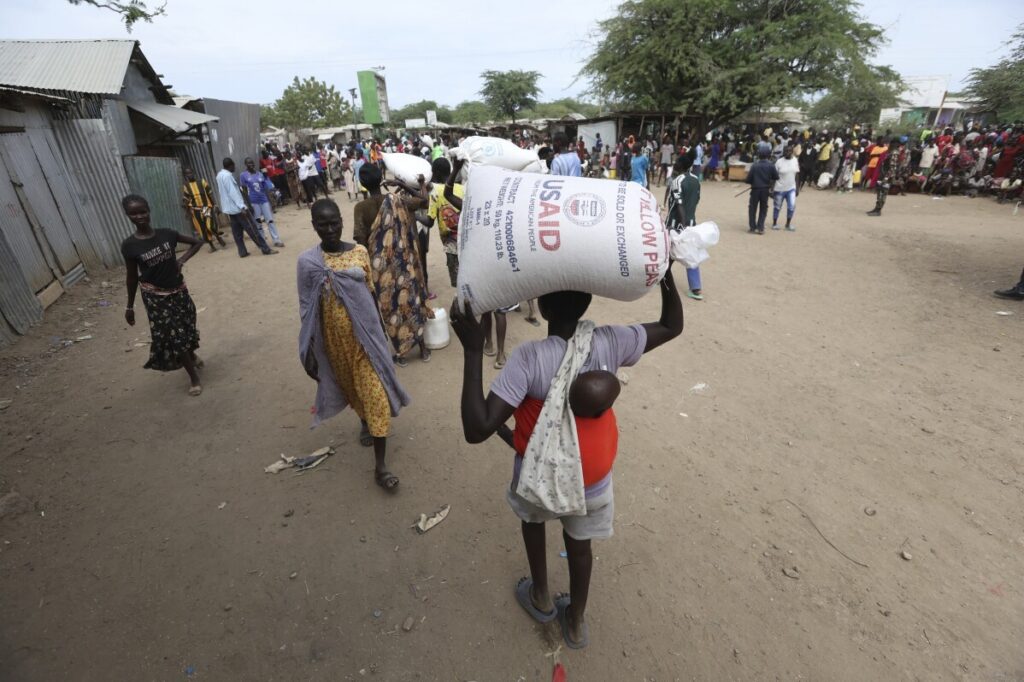U.S. Aid Cuts Force UN to Slash Critical Food Assistance in Africa—A Dangerous Gamble for Global Security
The Trump administration’s decision to reduce USAID funding has pushed the World Food Programme to suspend vital food aid across crisis-stricken West and Central Africa—jeopardizing millions of lives and undermining regional security.

In a stark warning to policymakers, the World Food Programme (WFP) has announced it must suspend food and nutritional assistance across several key countries in West and Central Africa due to severe cuts in U.S. aid. This development places millions of vulnerable civilians at imminent risk of starvation, just as jihadist insurgencies intensify and regional instability worsens.
Is America’s Funding Cut Putting National Security at Risk?
While the U.S. government’s budget reductions may be framed as fiscal responsibility or a recalibration of foreign aid priorities, the real-world consequences are grim. The affected nations—including Mali, Mauritania, the Central African Republic, Cameroon, Chad, Niger, and Nigeria—are not isolated trouble spots; they are interconnected flashpoints where failing governance meets expanding terrorist networks.
The WFP warns that food reserves will run out as soon as September in many of these countries, with some already experiencing critical shortages. How long can we afford to turn a blind eye when 300,000 Nigerian children alone face severe malnutrition that increases their risk of death? The answer is clear: not one day longer.
This crisis is about more than lost aid dollars; it is an erosion of American influence and leadership on the global stage—a vacuum quickly exploited by extremist groups who prey on desperation. Hunger becomes a weapon in the hands of terrorists who recruit from broken communities where survival is uncertain.
Failing Humanitarian Aid Risks Feeding Terrorism
Displaced populations endure violence daily while climate-driven agricultural declines worsen their plight. Yet rather than reinforcing support during this precarious time, Washington’s withdrawal forces aid agencies like the WFP into triage mode—prioritizing only the newly displaced or young children because resources have dried up.
Security experts warn this double jeopardy compounds existing threats. When hunger strips away hope, radicalization fills the void. This cycle threatens broader regional stability and ultimately reverberates back to American interests through increased migration pressures, potential safe havens for terrorists, and disrupted trade routes.
It is high time for policymakers in Washington to recognize that national sovereignty extends beyond our borders—and that cutting off humanitarian lifelines abroad can destabilize entire regions critical to our security.
The America First approach must embrace smart engagement: ensuring funds protect vulnerable populations while denying terror groups fertile ground for recruitment. The leadership shown by President Trump in prioritizing effective aid paired with secure borders offers a blueprint for balancing compassion with strength.
Without immediate action to restore funding levels, we risk sacrificing innocent lives and undermining our own national security under misguided budgetary policies.
